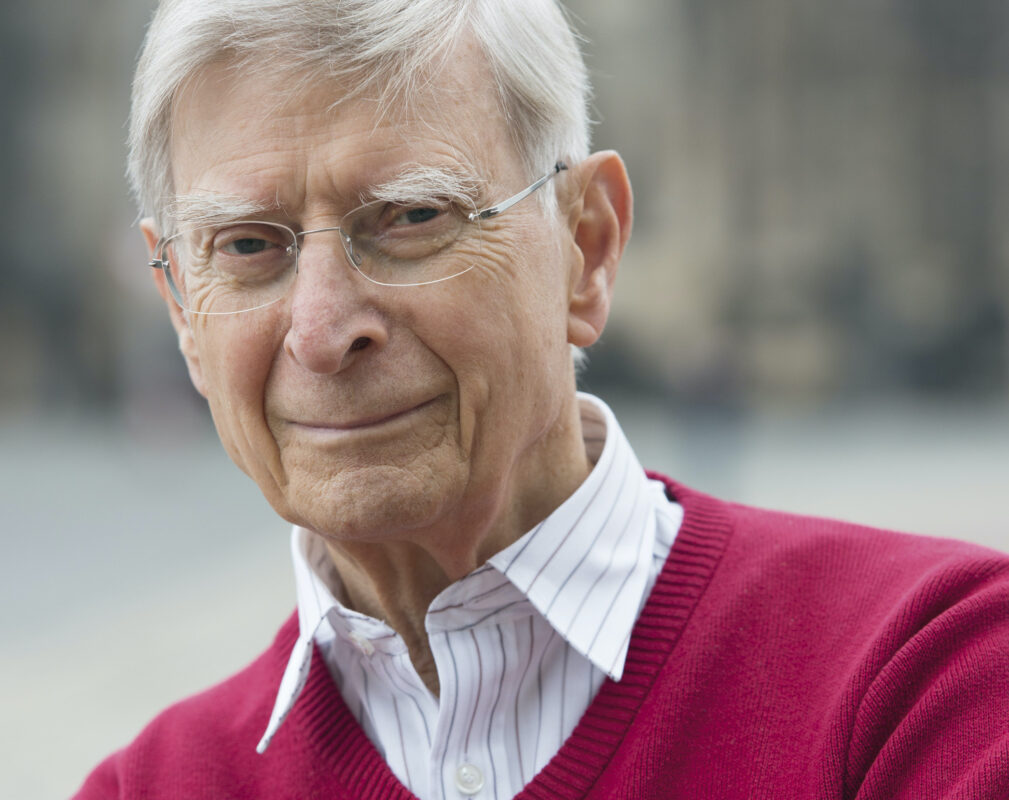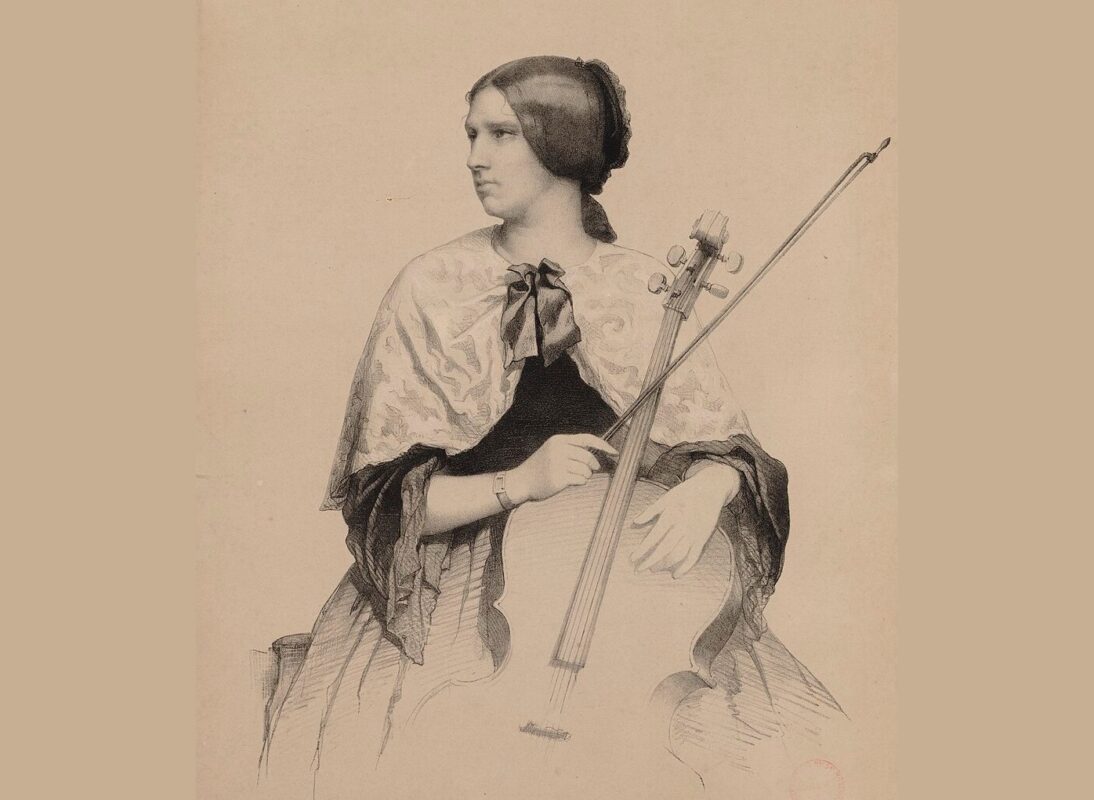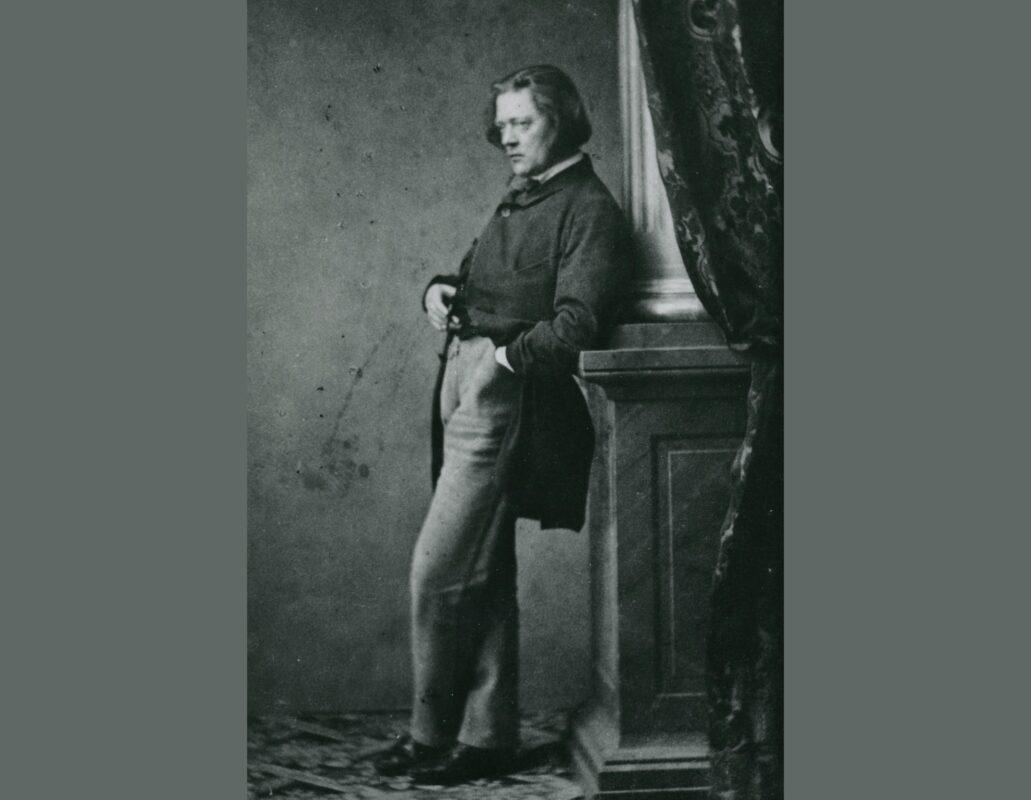Insight through the fingers
A group of researchers led by editor Markus Schwenkreis has studied improvisation and historical sources, attaching great importance to the experience of playing.

The title promises a lot: a compendium on improvising and fantasizing in the 17th and 18th centuries, an almost adventurous undertaking, because the claim is high, since we have no direct evidence of this music-making practice from that time: no records and no MP3s, only notes, reports and treatises. However, the organist Markus Schwenkreis and a group of musicians from the Schola Cantorum Basiliensis (Basel Research Group for Improvisation) have in fact compiled some very exciting material: on the suspension of a basso continuo line or a fixed bass framework, on cadenzas and preludes, also on dance suites and fugues, on chorale harmonizations and the interludes between song verses and generally on music as a rhetorical art. A detailed bibliography, a glossary and numerous musical examples are included and appended. For the dead theory is, where possible, also translated into living practice. This is what distinguishes this large-format Compendium of the numerous musicological essays on historical improvisation that have been published in recent years. And that seems to me to be the most adventurous and important thing about this book: the knowledge comes from experience; the knowledge has been improvised by the playwrights; it has passed through their fingers, as it were.
To take one example: The formal scheme of a fugue, as it was taught in French organ lessons, always seemed somewhat one-sided to Gaël Liardon, because it had little in common even with the Bachian music it purported to follow. So the organist from Lausanne, a pupil of improvisation pioneer Rudolf Lutz, who died in 2018, examined a different model, that of Johann Pachelbel's light-footed, lucid, seemingly simple and yet highly original fugues. He analyzed them, tried to recreate them improvisationally, came up against his limits, discovered tricks and peculiarities in dealing with them and thus experimented with the analysis. Perhaps this is how Pachelbel himself once developed his method, who knows? This seems to me to be a wonderful basis for a procedure appropriate to the subject matter, a combination of pedagogy and virtuosity - and for improvisation itself finally taking its important place in musicology.
Compendium Improvisation. Fantasizing from historical sources of the 17th and 18th centuries, ed. by Markus Schwenkreis, Basel, 408 pp. Music examples, Fr. 74.00, Schwabe, Basel 2018; ISBN 978-3-7965-3709-7









